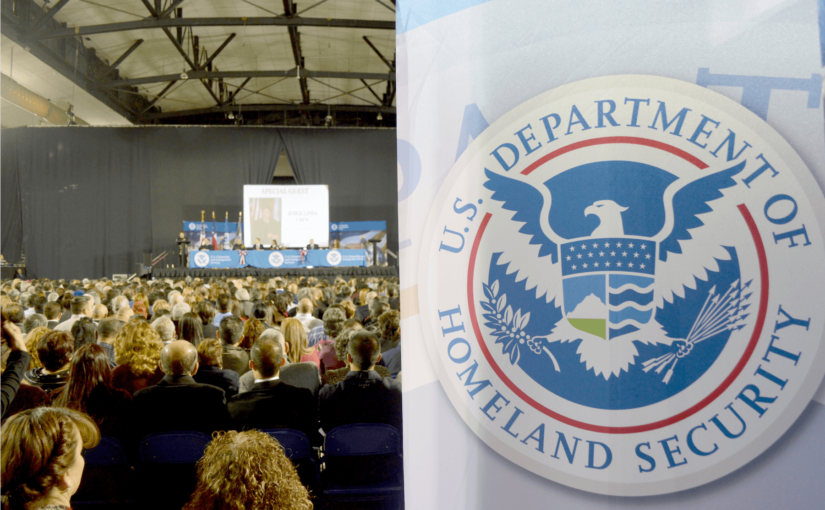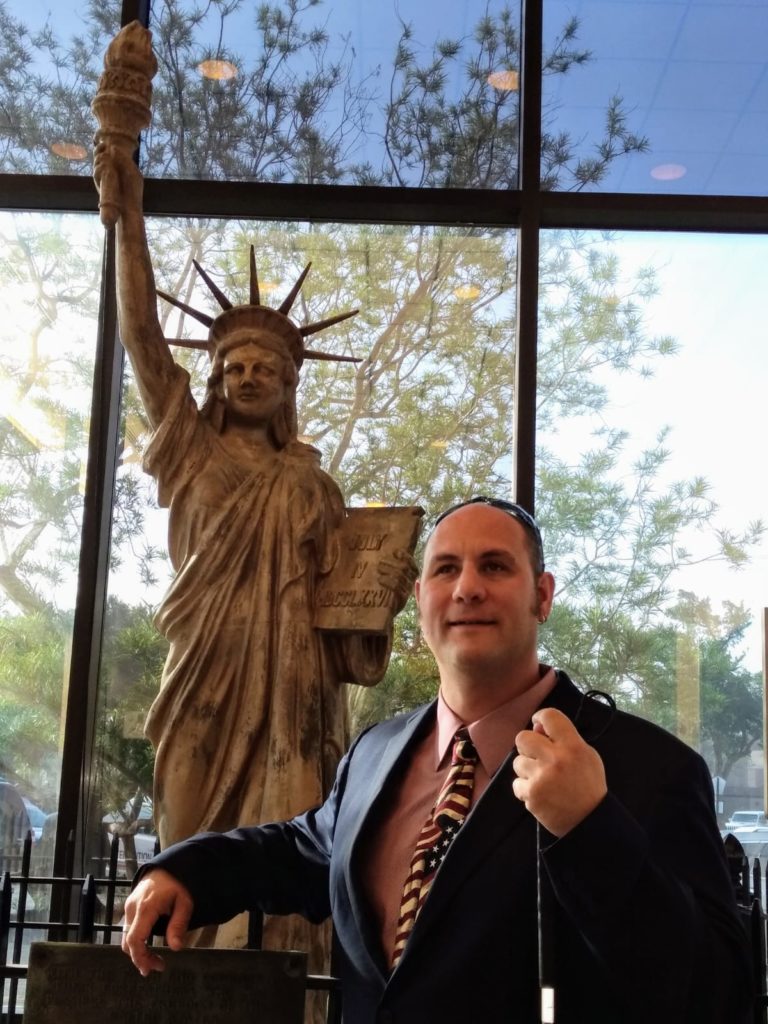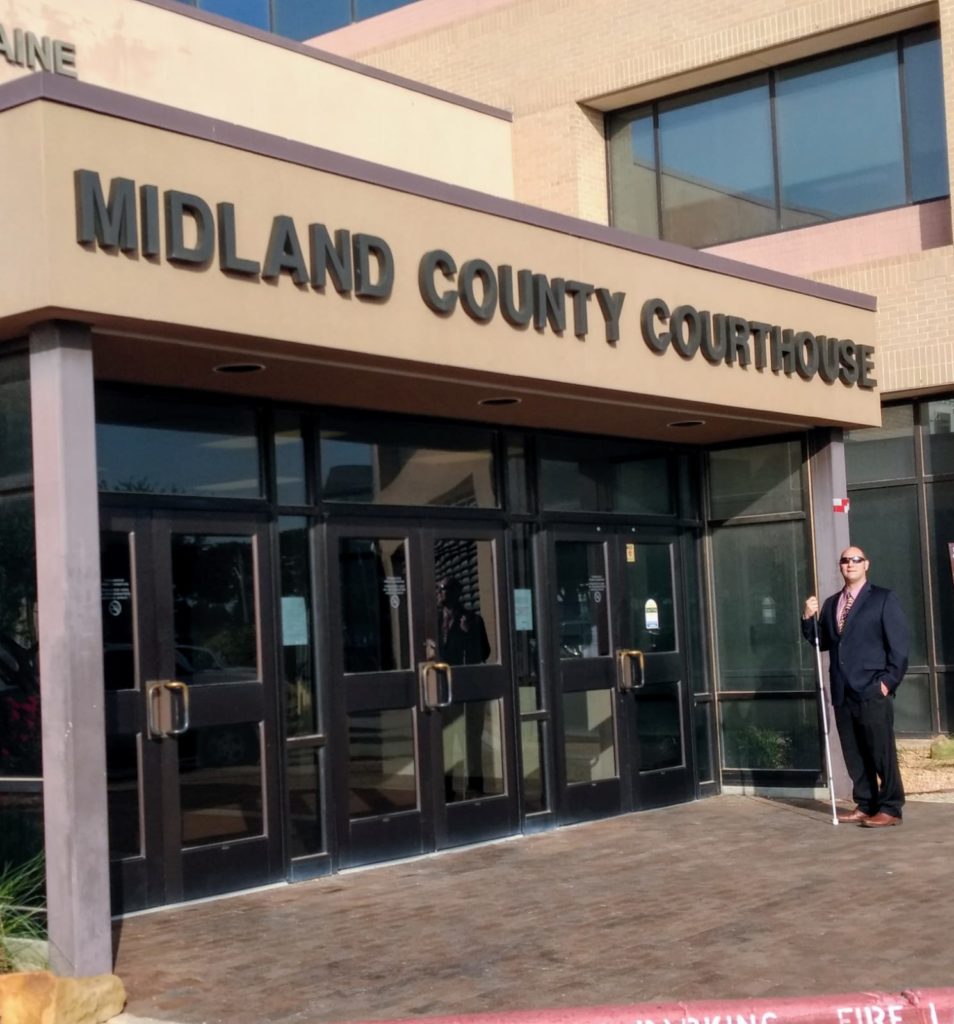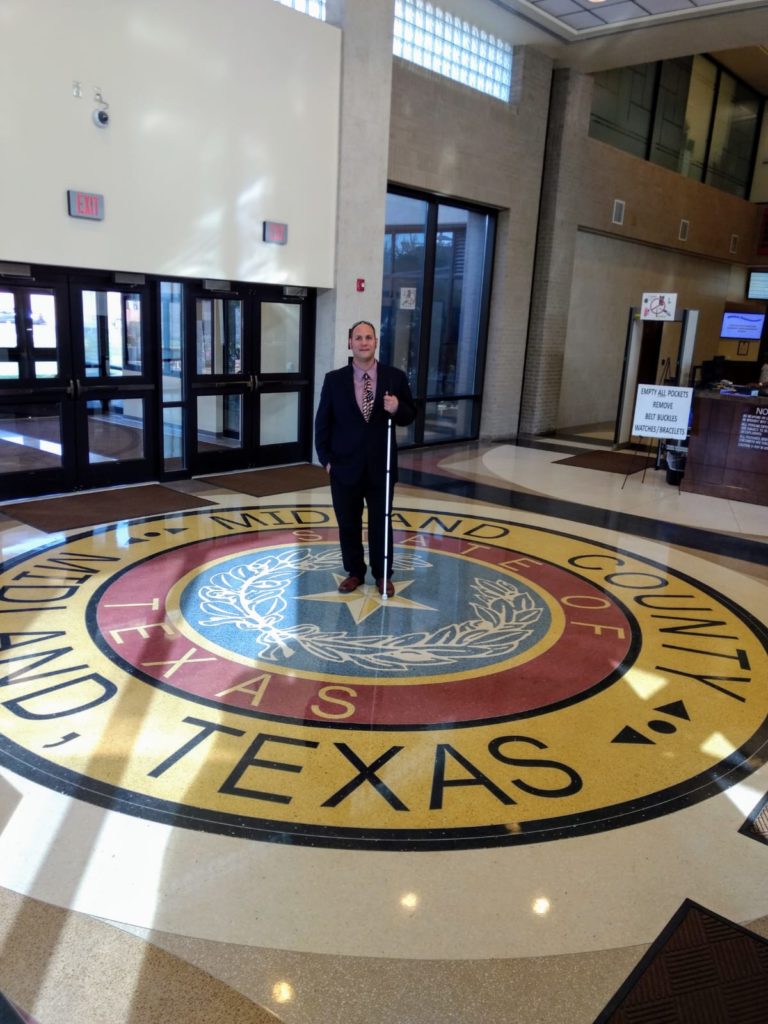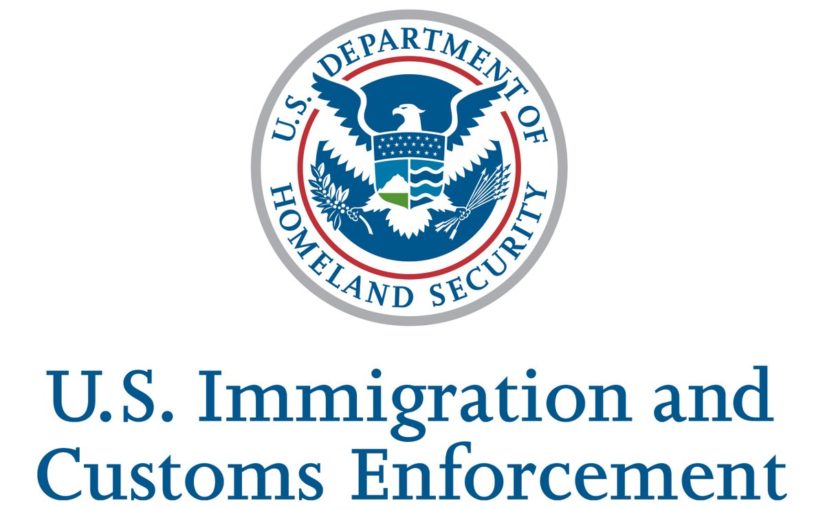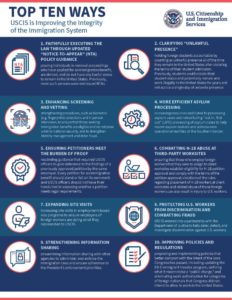Minimum Investments, Targeted Employment Area Designations Among Reforms
WASHINGTON—U.S. Citizenship and Immigration Services (USCIS) will publish a final rule on July 24 that makes a number of significant changes to its EB-5 Immigrant Investor Program, marking the first significant revision of the program’s regulations since 1993. The final rule will become effective on Nov. 21, 2019.
New developments under the final rule include:
- Raising the minimum investment amounts;
- Revising the standards for certain targeted employment area (TEA) designations;
- Giving the agency responsibility for directly managing TEA designations;
- Clarifying USCIS procedures for the removal of conditions on permanent residence; and
- Allowing EB-5 petitioners to retain their priority date under certain circumstances.
Under the EB-5 program, individuals are eligible to apply for conditional lawful permanent residence in the United States if they make the necessary investment in a commercial enterprise in the United States and create or, in certain circumstances, preserve 10 permanent full-time jobs for qualified U.S. workers.
“Nearly 30 years ago, Congress created the EB-5 program to benefit U.S. workers, boost the economy, and aid distressed communities by providing an incentive for foreign capital investment in the United States,” said USCIS Acting Director Ken Cuccinelli. “Since its inception, the EB-5 program has drifted away from Congress’s intent. Our reforms increase the investment level to account for inflation over the past three decades and substantially restrict the possibility of gerrymandering to ensure that the reduced investment amount is reserved for rural and high-unemployment areas most in need. This final rule strengthens the EB-5 program by returning it to its Congressional intent.”
Major changes to EB-5 in the final rule include:
- Raising minimum investment amounts: As of the effective date of the final rule, the standard minimum investment level will increase from $1 million to $1.8 million, the first increase since 1990, to account for inflation. The rule also keeps the 50% minimum investment differential between a TEA and a non-TEA, thereby increasing the minimum investment amount in a TEA from $500,000 to $900,000. The final rule also provides that the minimum investment amounts will automatically adjust for inflation every five years.
- TEA designation reforms: The final rule outlines changes to the EB-5 program to address gerrymandering of high-unemployment areas (which means deliberately manipulating the boundaries of an electoral constituency). Gerrymandering of such areas was typically accomplished by combining a series of census tracts to link a prosperous project location to a distressed community to obtain the qualifying average unemployment rate. As of the effective date of the final rule, DHS will eliminate a state’s ability to designate certain geographic and political subdivisions as high-unemployment areas; instead, DHS would make such designations directly based on revised requirements in the regulation limiting the composition of census tract-based TEAs. These revisions will help ensure TEA designations are done fairly and consistently, and more closely adhere to congressional intent to direct investment to areas most in need.
- Clarifying USCIS procedures for removing conditions on permanent residence: The rule revises regulations to make clear that certain derivative family members who are lawful permanent residents must independently file to remove conditions on their permanent residence. The requirement would not apply to those family members who were included in a principal investor’s petition to remove conditions. The rule improves the adjudication process for removing conditions by providing flexibility in interview locations and to adopt the current USCIS process for issuing Green Cards.
- Allowing EB-5 petitioners to keep their priority date: The final rule also offers greater flexibility to immigrant investors who have a previously approved EB-5 immigrant petition. When they need to file a new EB-5 petition, they generally now will be able to retain the priority date of the previously approved petition, subject to certain exceptions.
For more information on USCIS and its programs, please visit uscis.gov or follow us on Twitter (@uscis), YouTube (/uscis), Facebook (/uscis), and Instagram (@USCIS).
Last Reviewed/Updated: Source: https://www.uscis.gov/news/news-releases/new-rulemaking-brings-significant-changes-eb-5-program?fbclid=IwAR1Ad5AH5DCaFHAtM9-ELXHs9ZA0iZ2kctL3fllRnMh54FcPm9mYcDVxtCA


